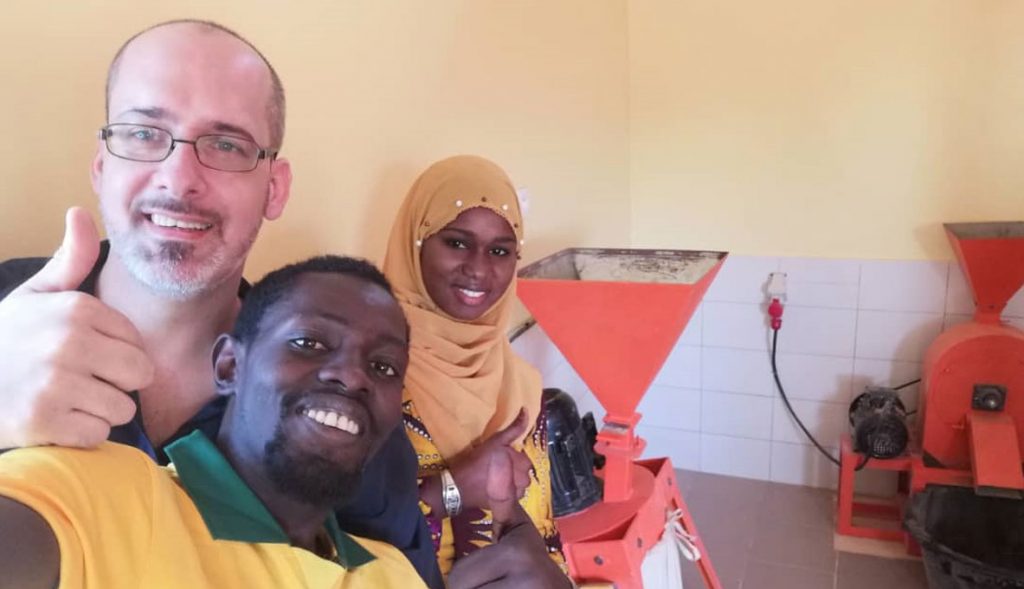We spoke to Julien Potron, CEO of Nadji.Bi Sénégal and grantee of UNDP’s Innovation Challenge award, about his experience piloting an ‘intelligent ecovillage’ as part of UNDP’s Ecosystem Development Approach in Senegal and the concrete improvements the approach has led to:
- How did you participate in the Senegal Ecosystem Initiative for Solar Energy Inclusive Businesses?
We joined the Senegal Ecosystem Initiative for Solar Energy Inclusive Businesses to meet and share our mutual experiences with other stakeholders involved in our industry, such as private companies, governmental agencies and ministries, NGOs, DFIs, banks, universities and training centres and other active entities. In addition to the regular meetings, we led the regulatory environment task force, where we wrote a comprehensive study on regulatory history, framework, applications and impacts on local companies. This work was shared with other involved entities and was partly used by ministries to upgrade and update the new tax applications such as the new VAT exemption regulation.
- How did you use the Innovation Challenge Grant? What was the result?
Thanks to UNDP’S US$40,000 Innovation Challenge award, we were able to pilot an ‘intelligent ecovillage’ concept in Aga Biram, an off-grid rural community about 25 km outside of Mbour. The ecovillage consisted of a solar mill, solar freezer, three public lighting installations, ten public lighting kits, a solar video projector for the school, and 441 solar home systems for domestic light and phone charging. The primary objective was to understand how to build a distribution model for community solar energy solutions, like mills and freezers, by linking these to the distribution of solar home systems, for which the distribution channels are better established.
- How did you benefit from changes in the ecosystem?
This pilot has further convinced us of the need to continue our endeavours to develop connected technological solutions. We are now looking at replicating this model in at least five other localities in Senegal, using our own funds and deploying our new technologies together with improved monitoring and evaluation methods.
Our pilot also showed how relatively small investments in solar energy can considerably improve people’s daily lives and provide income generating opportunities in off-grid areas. For instance, the physical burden of milling millet grain by hand, which traditionally fell on women, has disappeared. “Our lives are much easier, and our families love the fact that we have more free time,” explains Yassine Sene, one of the members of the association running the solar mill. The mill now generates additional income for cooperative members. Health benefits from replacing paraffin lamps in homes are also significant. Last but not least, we estimates that around 42 tons of CO2 emissions per annum were saved as a result of households in the village switching to solar energy.
- Does the initiative continue? How?
In early 2020, La Banque Agricole (LBA) from Senegal entered into an agreement with our company to fund PAYGo (Pay-as-you-go) solar systems. We also develop further improved Solar Productive Use Hubs, which are the natural evolution of the pilot we ran with the support of the Innovation Challenge grant. We are also conducting deeper monitoring and evaluation studies on impacts and outcomes, especially on the impacts of solar milling services on girls and women in rural off grid areas. We are finalizing a plan of implementation of several hundreds of such connected Solar Productive Use Hubs to enable more girls and women to benefit from our technologies and business models.
Thank you Julien for taking the time and sharing your insights with us!


